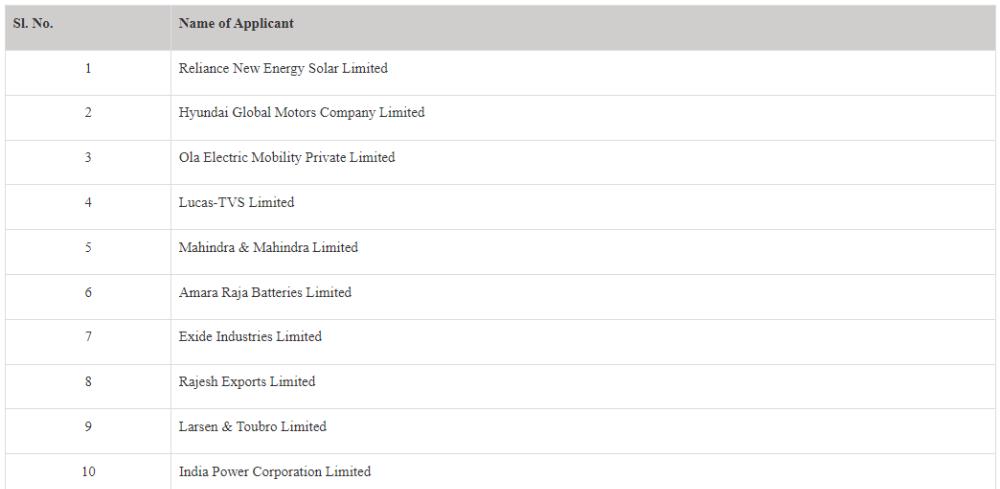Local Indian companies and overseas auto giants are actively joining the Indian government's battery localization plan.
India's Ministry of Heavy Industry and Public Enterprises said on Saturday that 10 companies, including Indian billionaire Mukesh Ambani's Reliance Industries and South Korea's Hyundai Motor, have applied to join the government's $2.4 billion battery production program (subsidies). At present, manufacturers plan to bid for a battery storage capacity of 130 GWh, which is 2.6 times the government's target.

Battery costs account for about 35 to 40 percent of the total cost of electric vehicles. Due to the high price of imported batteries, electric vehicles currently account for only a small fraction of total car sales in India. But through local production, the cost of the battery can be greatly reduced.
To boost the development of the local battery manufacturing industry, the Indian government has previously launched a $2.4 billion battery production stimulus plan: bidders will spend about $6 billion (about 38.2 billion yuan) over five years to build a total of 50Gwh of battery storage capacity and infrastructure such as charging stations.
In terms of medium- and long-term policies, the Indian government has proposed to achieve net zero carbon emissions by 2070. As the third largest source of carbon emissions in India, the vigorous promotion of electric vehicles and the expansion of the market share of electric vehicles will be one of the keys to Achieving Net Zero Carbon Emissions in India.
The Indian government currently plans to achieve the target of electric vehicles accounting for 30% of total private car sales and 40% of total sales of electric motorcycles and scooters by 2030.
However, overseas companies are still hesitant to respond to the Indian government's invitation to cooperate: project investment requires a lot of upfront investment, and India still ranks low in contract execution; compared with foreign companies, local companies are more likely to gain policy favor, and overseas companies must solve the problem of local partners before actually investing.